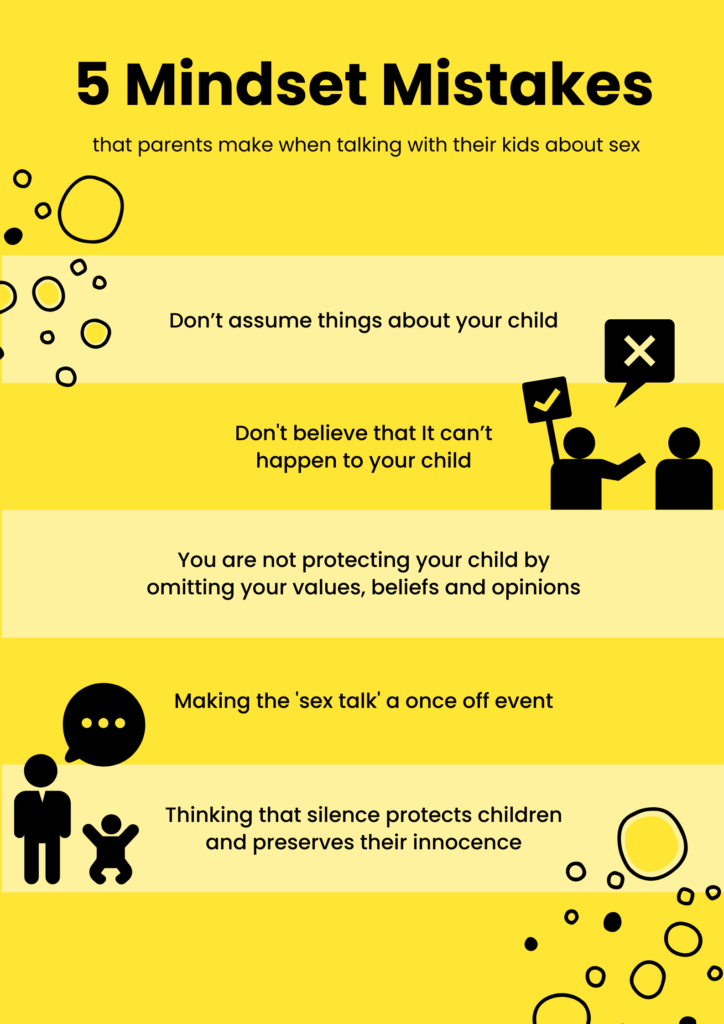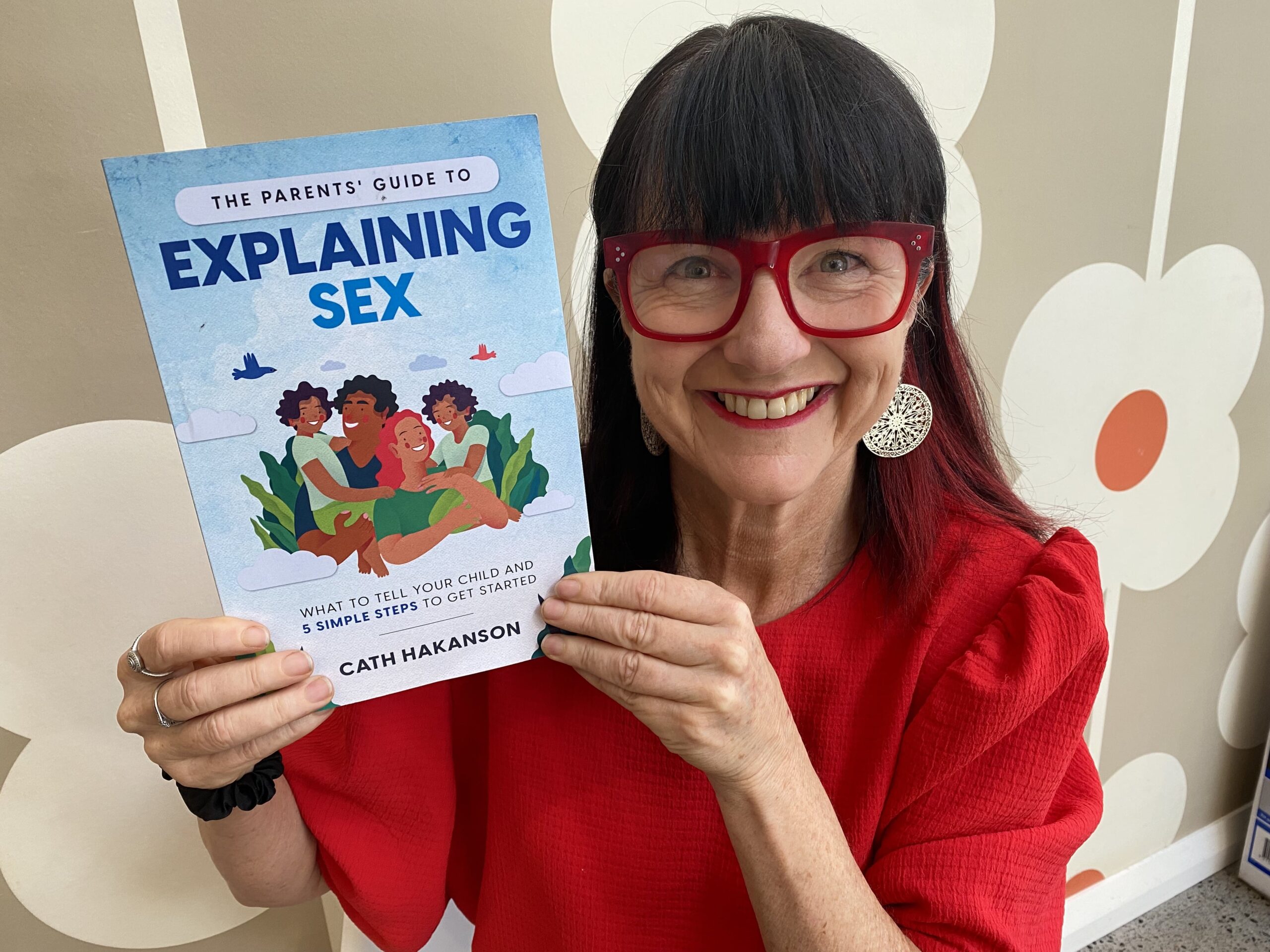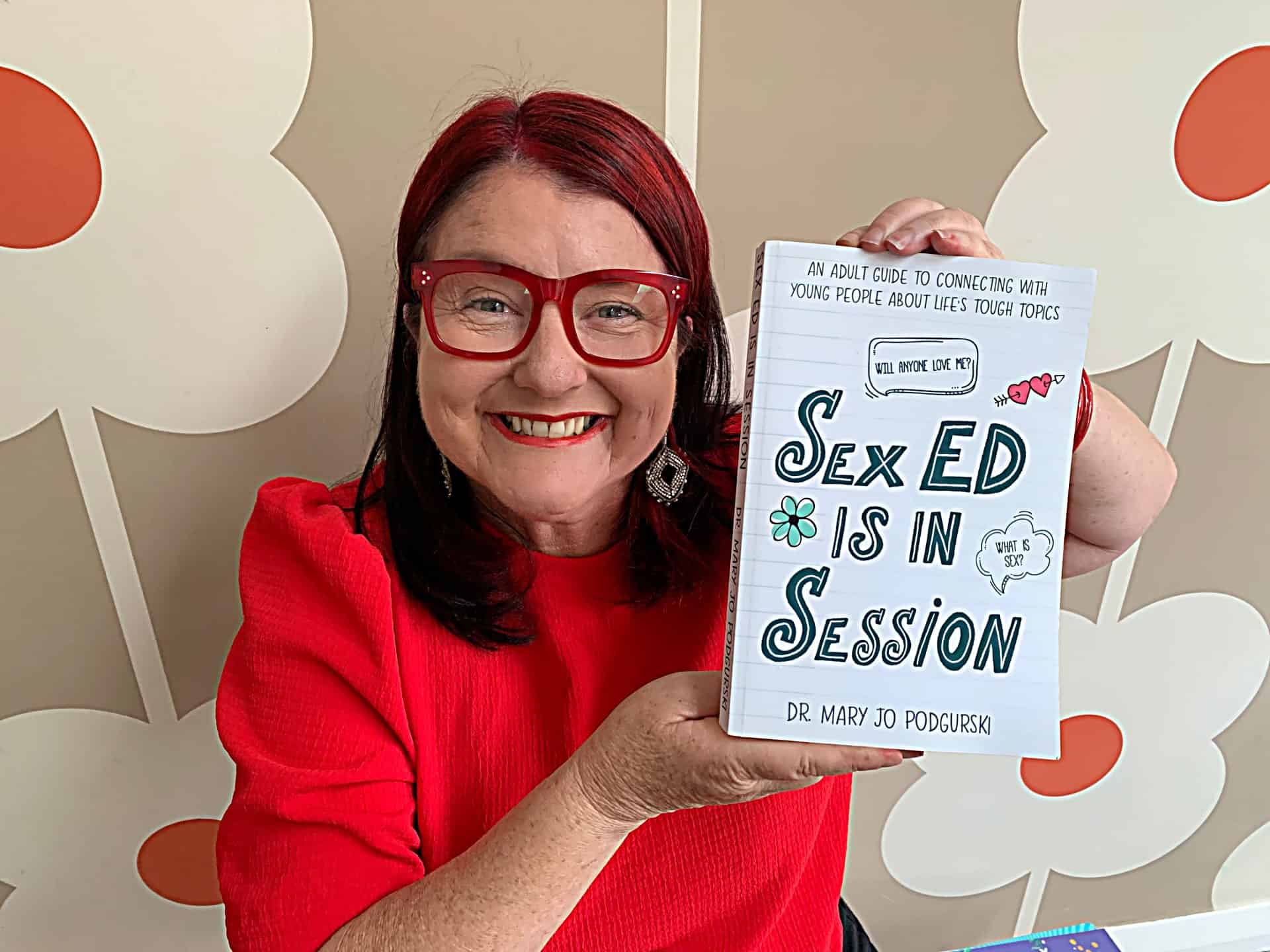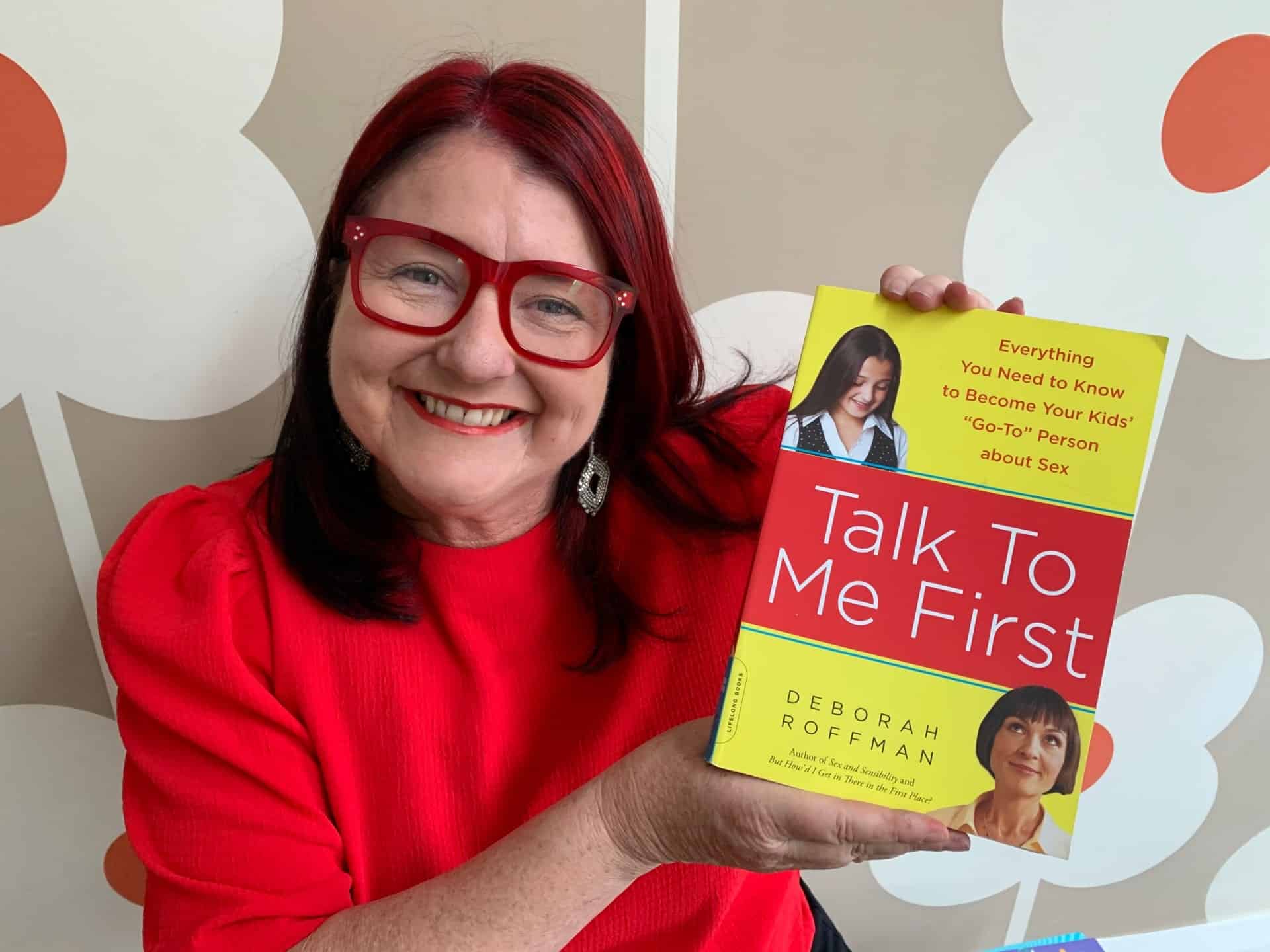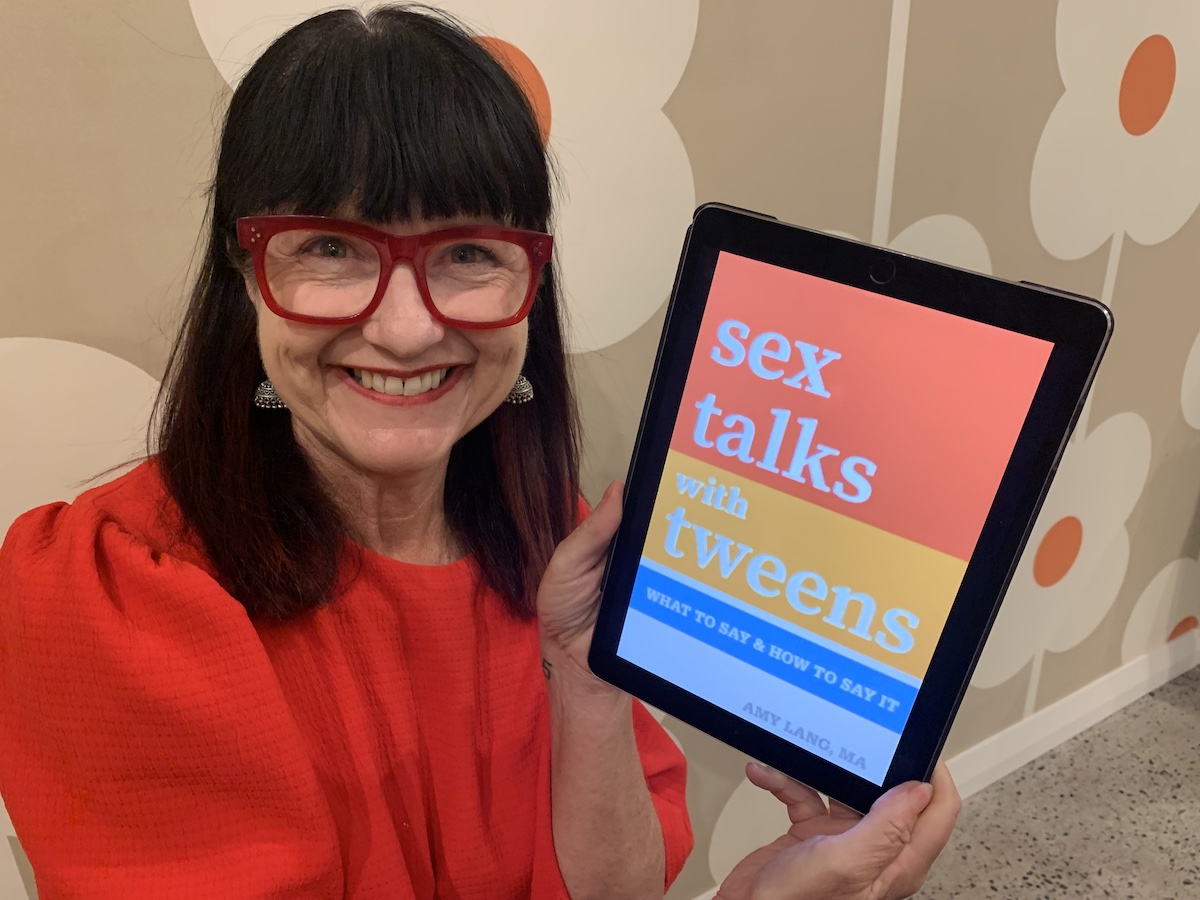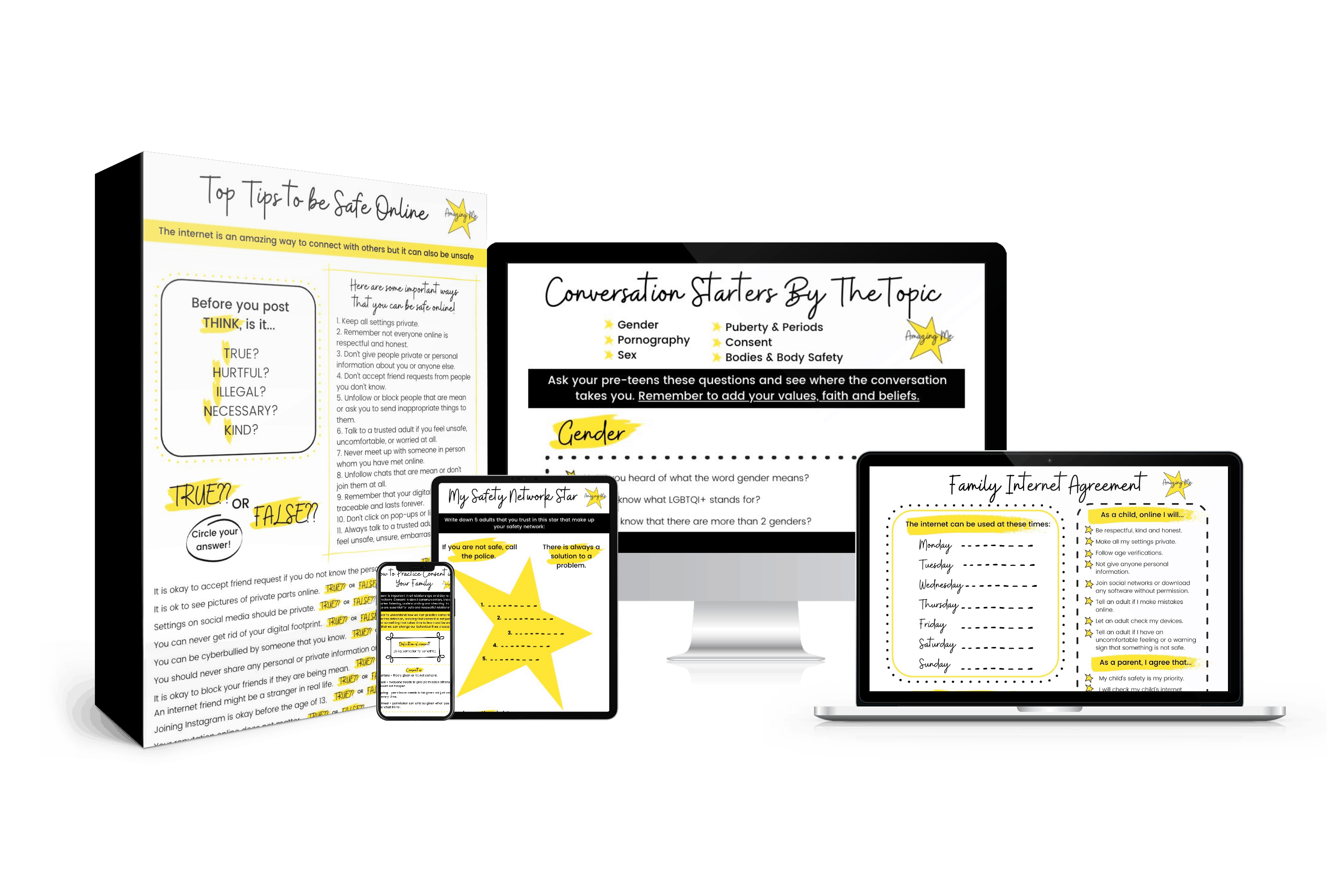5 mindset mistakes that I find that parents make when talking with their kids about sex
I have been a sexual health educator for over 30 years. WOW!
Many things have changed, but the fact that it’s tough has not! In my travels, I often observe some unhelpful mindsets that I find parents have when talking with their kids about sex.
I would like to share with you 5 of those mindset mistakes:
1. Assuming
Don’t assume that just because your child asks you what a 69er is? or pornography? Or what sex means? That they want to know what it is or want to watch it. They might have just heard the word at school and are curious, or they might think that they know what it is and they actually don’t.
Firstly, it’s important to hear the question as a way that you can have further conversations. It’s not always easy but the aim is to be an askable parent so that your child does not search online for the answers.
Secondly, ask them what they already know or want to know about what they have asked. It’s our job to give our kids the right information. Just like not assuming that they know nothing they may also not know the correct information.
2. Believing It Can’t Happen to Your Child
My kid’s a good kid. They wouldn’t watch porn, have sex at an early age or even be abused. It’s hard to imagine. But empowering and equipping our kids is the way to help protect them and not the opposite. By thinking that it can’t or wouldn’t happen to your child may stop ongoing open conversations and ultimately stop us from teaching them how to protect themselves and know all the signs of abuse.
3. Not talking about certain topics and omitting your values, beliefs and opinions
Topics like pornography, masturbation, gender, consent, sex, same sex relationships, pleasure, body image and even abortion are all things that children at certain ages want to know about. Curiosity is important, natural and healthy because let’s face it it’s the way that we learn.
Not talking about these topics does not mean that your children won’t search for the answers. As a child I would have wanted to find out. What about you? We can chat in an age-appropriate way. Sharing your values and opinions is just as important as learning about the facts. Even better learning in a safe, respectful way-from you!
4. Making the Sex Talk is just a bombshell once off event
Now that’s impossible! For starters, there’s too much to talk about and sex encompasses more than just the act itself! Often parents still think about the ‘one-off’ fearful talk (yes the penis in vagina sex) but sex education is so much more than that.
It’s about accurate names of genitals, respect, consent, healthy relationships, choices, feelings, desires, puberty, pleasure, boundaries, intimacy, body safety, gender just to name a few. I still talk with my adult children, and the more conversations that I have the more I’ve realised that the way that I have modelled behaviours like, respect, consent boundaries have been even more important than just talking.
Adapting the discussions as your children grow, addressing their changing needs and stages of sexual development are important. So ongoing lifelong conversations are essential.
5. Thinking that silence protects children and preserves their innocence
After all what do we want? Happy, healthy and safe relationships and to be askable parents. I am always going on about this one! If children are taught in safe, loving, age-appropriate, ongoing ways, research tells us that they are more likely to have more confidence in themselves, and make wiser, safer choices later on and that they will ask you instead of going to the internet. Pornography will definitely not make them more innocent!
No judgment here, as parents, we weren’t given a manual, and it can be tough! However, times have changed, and as parents, we must change as well. Let’s be proactive and reflect on our mindsets. By challenging assumptions, empowering our children, discussing important topics, and maintaining ongoing conversations, we can create a safe and supportive environment for them to learn about sexuality and make informed choices.
